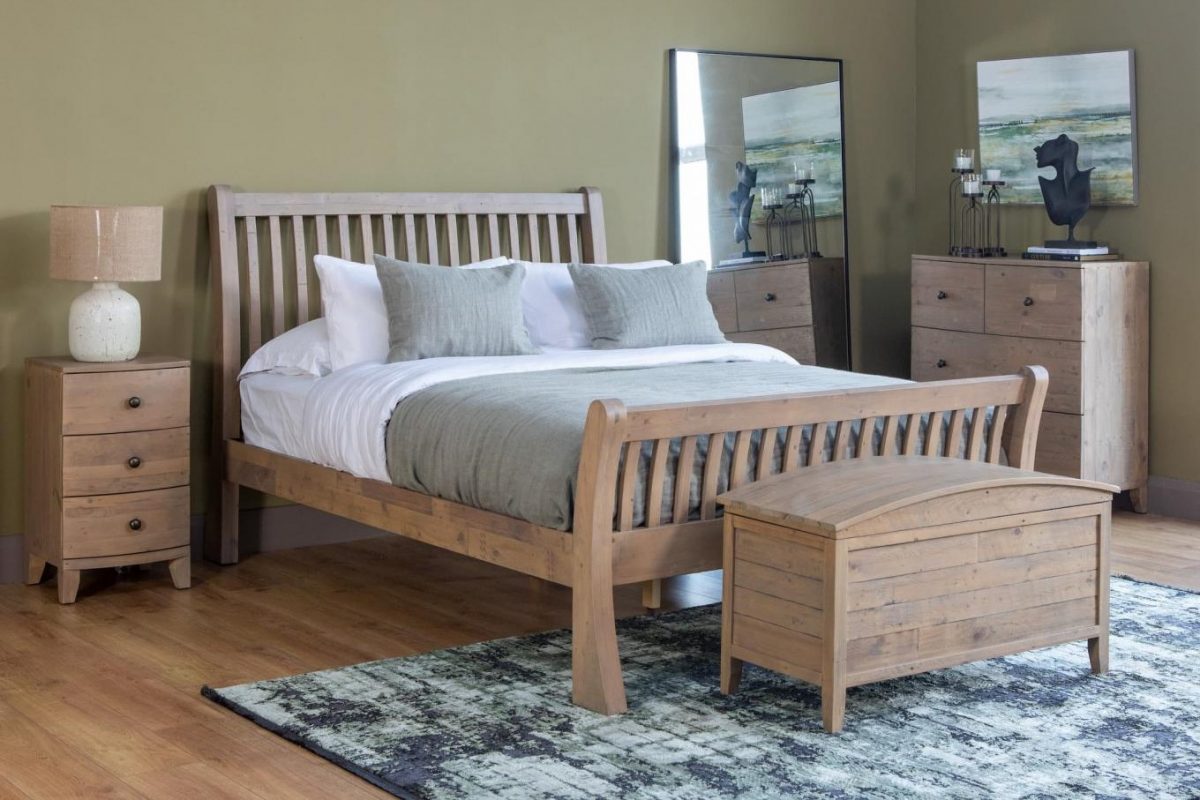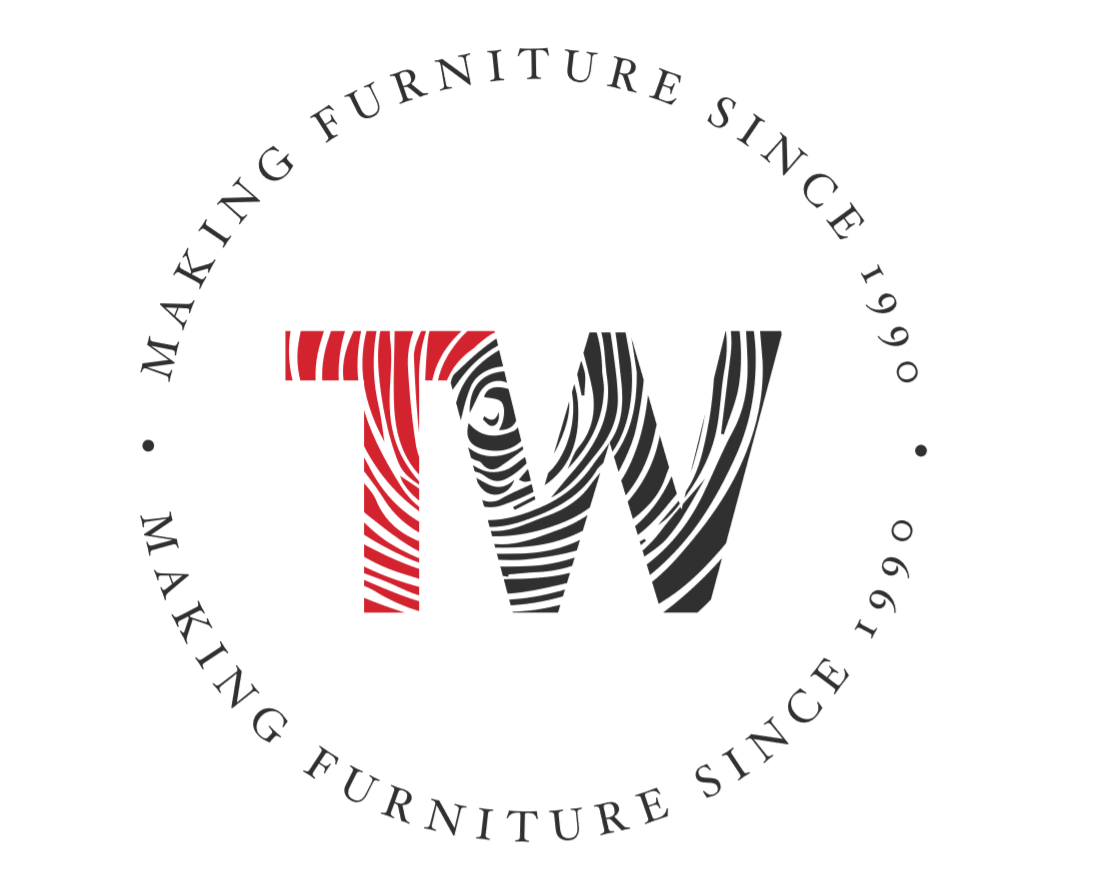The furniture industry faces a tough road ahead as the economic crisis impacts consumer spending and demand. This downturn prompts furniture businesses to urgently adopt strategic measures to weather the storm. It’s a critical time for the sector, highlighting the intersection of “furniture” and “economic crisis” and underscoring the need for adaptability and innovative thinking.
Furniture companies must swiftly adapt to changing market dynamics and consumer preferences, focusing on resilience and strategic innovation. The challenge is significant, yet it presents an opportunity for those ready to embrace change and rethink their approach. In this context, we will explore how the furniture industry can navigate these difficult times, employing strategic measures to mitigate the impact of the economic crisis and setting a course for recovery and growth.

The Economic Crisis and Its Effects on Furniture Businesses
The economic crisis has a profound effect on consumer behavior, particularly in sectors such as furniture, where purchases are often viewed as discretionary spending. As economic downturns tighten consumer budgets, the immediate impact on furniture businesses becomes evident: a marked decline in sales as households delay or forego furniture purchases in favor of essential needs. This shift in consumer spending habits underscores the vulnerability of the furniture sector during financial turmoil and highlights the necessity for businesses within this industry to understand and adapt to these changes effectively.

Economic downturns present unique challenges for furniture businesses. Reduced consumer spending is just the tip of the iceberg; companies also face increased competition, supply chain disruptions, and rising costs of materials. These challenges necessitate a strategic reassessment of business models, marketing strategies, and product offerings. For furniture companies to navigate these troubled waters, identifying and understanding these unique pressures is crucial. It’s not just about surviving the current crisis but also about positioning for future growth and stability.
Flexibility and innovation emerge as key components in weathering financial hardships in the furniture industry. The ability to pivot, whether through introducing more affordable product lines, enhancing online sales channels, or leveraging technology for better customer engagement, can make the difference between thriving and merely surviving. Furniture businesses that adopt a flexible approach to operations, coupled with a commitment to innovation, are better positioned to navigate the ebbs and flows of consumer demand during economic crises.
Strategic Measures for Furniture Businesses During an Economic Crisis
The furniture industry faces unprecedented challenges during an economic crisis. However, with strategic planning and adaptability, businesses can navigate these turbulent times. Below are key measures furniture businesses can implement to mitigate the impacts of an economic downturn and position themselves for recovery and growth.
Expanding Furniture Offerings
In response to changing consumer preferences and tighter budgets, expanding your furniture range to include more affordable options is essential. By broadening the furniture offerings, businesses can cater to a wider demographic. Introducing new lines that resonate with current market needs not only captures the attention of cost-conscious consumers but also helps maintain sales momentum. Incorporating versatile and multifunctional furniture into your catalog can meet the evolving demands of customers looking for value and utility in their purchases.
Leveraging Online Platforms for Furniture Sales
The economic crisis has accelerated the shift towards digital channels for selling and marketing furniture. Embracing e-commerce and digital media is crucial for reaching a broader audience. An effective online presence—through a user-friendly website, social media engagement, and online advertising—can significantly enhance visibility and sales. Investing in online platforms enables furniture businesses to tap into new markets and customer segments, making it a vital strategy for sustained growth during challenging times.
Emphasizing Eco-Friendly Furniture
There’s a growing consumer interest in sustainable and eco-friendly furniture. Capitalizing on this trend can set your business apart. The emphasis on eco-friendly furniture not only meets the demand for sustainability but also offers cost and marketing advantages. Utilizing materials that reduce transportation costs supports the economy, while eco-friendly practices appeal to environmentally conscious consumers. Highlighting these aspects in your marketing strategy can enhance brand reputation and loyalty.

Optimizing Operations for Furniture Production
Efficiency in operations is more crucial than ever during an economic crisis. Implementing strategies to streamline the supply chain and enhance production efficiency can lead to significant cost savings. Adopting lean manufacturing practices in furniture production minimizes waste and optimizes resources, leading to a more agile and cost-effective operation. This operational efficiency not only helps in weathering the economic downturn but also positions the business for competitive advantage in the recovery phase.
Innovative Practices to Boost Furniture Sales During Economic Crisis
The furniture industry, while hit by the economic crisis, has unique opportunities to innovate and boost sales. By focusing on customer-centric strategies and community engagement, businesses can create value and drive demand even in challenging times. Here are several innovative practices furniture businesses can implement to enhance sales and customer engagement.
Introducing Customized Furniture Options
Customization is a powerful tool for differentiation in the furniture market. Offering customized furniture options caters to individual preferences and increases the perceived value of products. The appeal of bespoke furniture pieces lies in their ability to meet specific customer needs, making them more willing to invest in their ideal piece. Highlighting the craftsmanship and uniqueness of these options can attract a niche market looking for something more personalized than off-the-shelf items.
Engaging With the Community Through Furniture Initiatives
Building strong connections with the local community can significantly enhance brand loyalty and awareness. Furniture businesses can foster these relationships by organizing and participating in community activities and workshops related to furniture design, care, or DIY projects. These initiatives not only promote the brand but also demonstrate the company’s commitment to contributing to the community’s well-being and interest, creating a positive image that resonates with consumers.
Flexible Payment Solutions for Furniture Purchases
The economic crisis has made consumers more cautious about their spending, especially on big-ticket items like furniture. Offering flexible payment solutions, such as financing options or installment plans, can make furniture purchases more accessible and less daunting. This approach helps attract customers who are hesitant to make large expenditures during uncertain times, providing them with a way to afford new furniture without breaking their budget.
Balancing Core and Diverse Furniture Offerings
During economic fluctuations, it’s strategic for furniture businesses to balance their focus between honing their core product lines and expanding their offerings. By honing in on best-selling products, businesses can streamline operations and reduce inventory costs, optimizing for efficiency and profitability. This approach ensures a stronghold in the market by capitalizing on proven demand. Concurrently, adapting to the evolving needs of consumers by introducing affordable, versatile, and multifunctional furniture pieces can capture a broader audience. This dual strategy of refining and diversifying offerings allows businesses to meet current market demands while maintaining sales momentum, thereby catering to both cost-conscious consumers and loyal customers seeking the value and utility in their purchases.
Conclusion: Emerging Stronger from the Economic Crisis in the Furniture Industry
As we navigate the complexities of an economic crisis, the furniture industry stands at a crossroads where strategic planning and innovation become not just advantageous but essential for survival and growth. This pivotal moment underscores the significance of agility and foresight in addressing the immediate challenges while laying a foundation for future success.
The resilience of furniture businesses during these times hinges on their ability to prioritize customer needs, embrace sustainability, and undergo digital transformation. By aligning business practices with these core principles, furniture stores have the potential to not only withstand the current economic downturn but to emerge stronger, more connected to their customers, and better positioned in the marketplace.

Emphasizing sustainability in product selection and operations appeals to the growing consumer demand for eco-friendly choices, setting a business apart in a crowded market. Meanwhile, digital transformation opens up new avenues for reaching and engaging customers, breaking down geographical barriers and creating opportunities for growth that were previously unimaginable.
Embrace the future of furniture with Trendworld Furniture. Discover Our collection of reclaimed furniture and join us in making a sustainable choice for your business.
